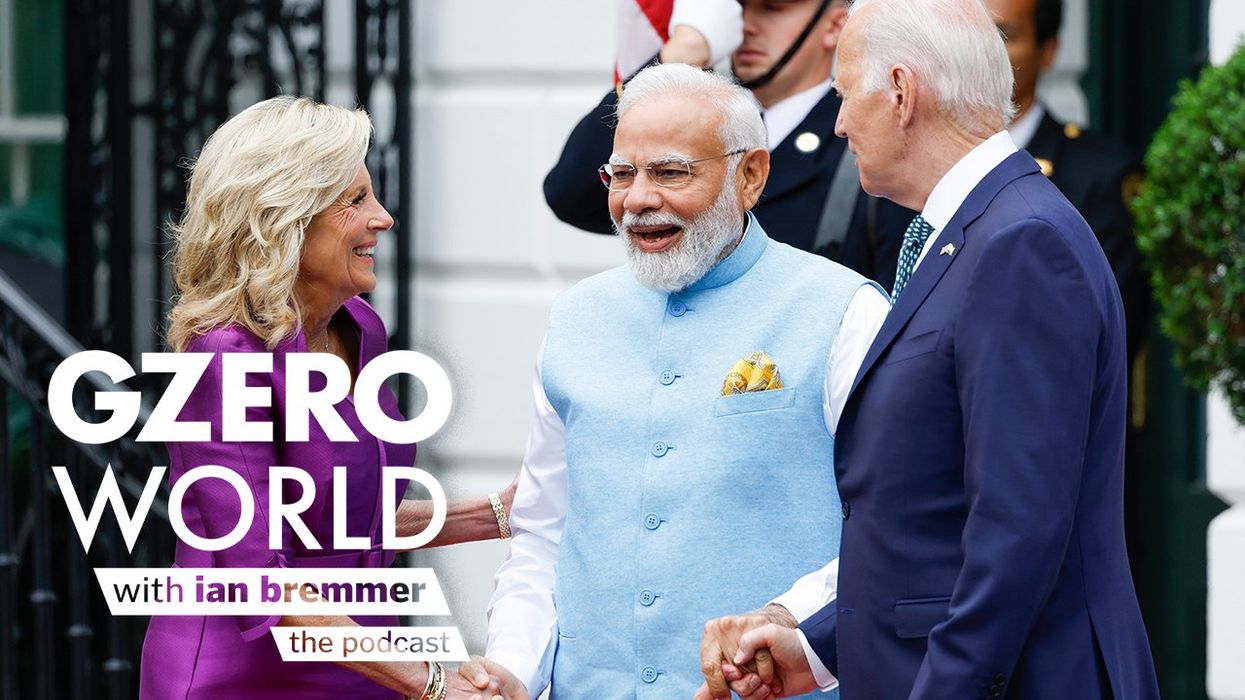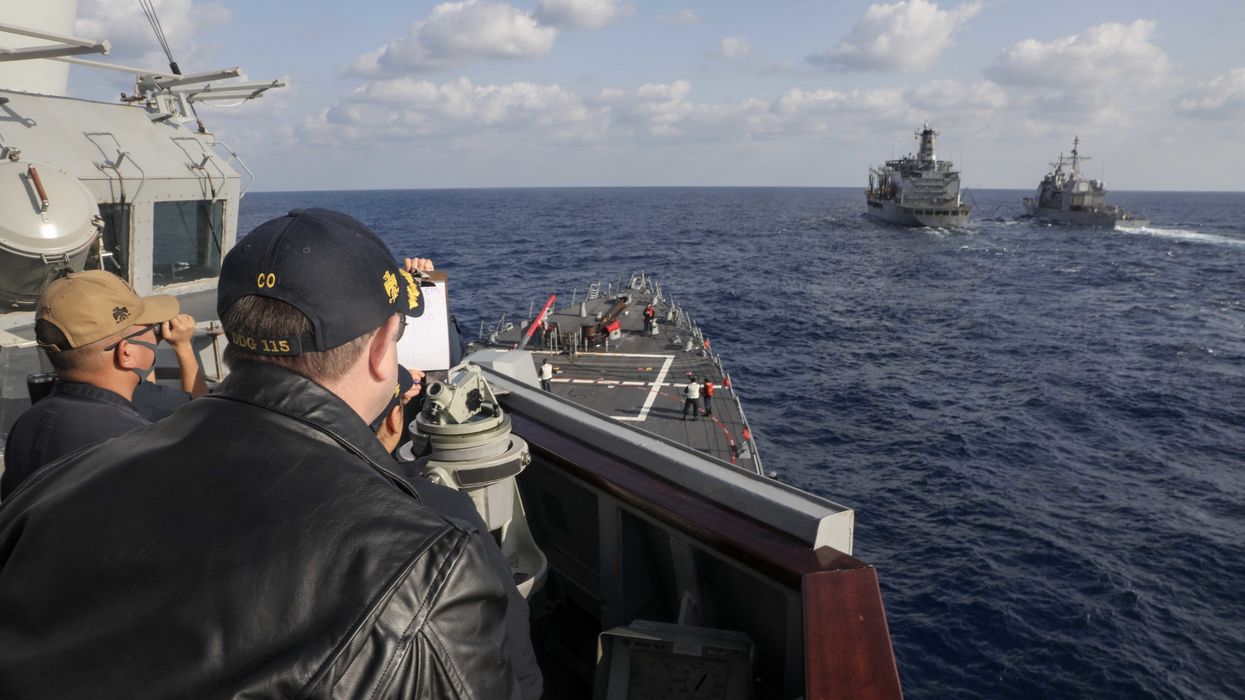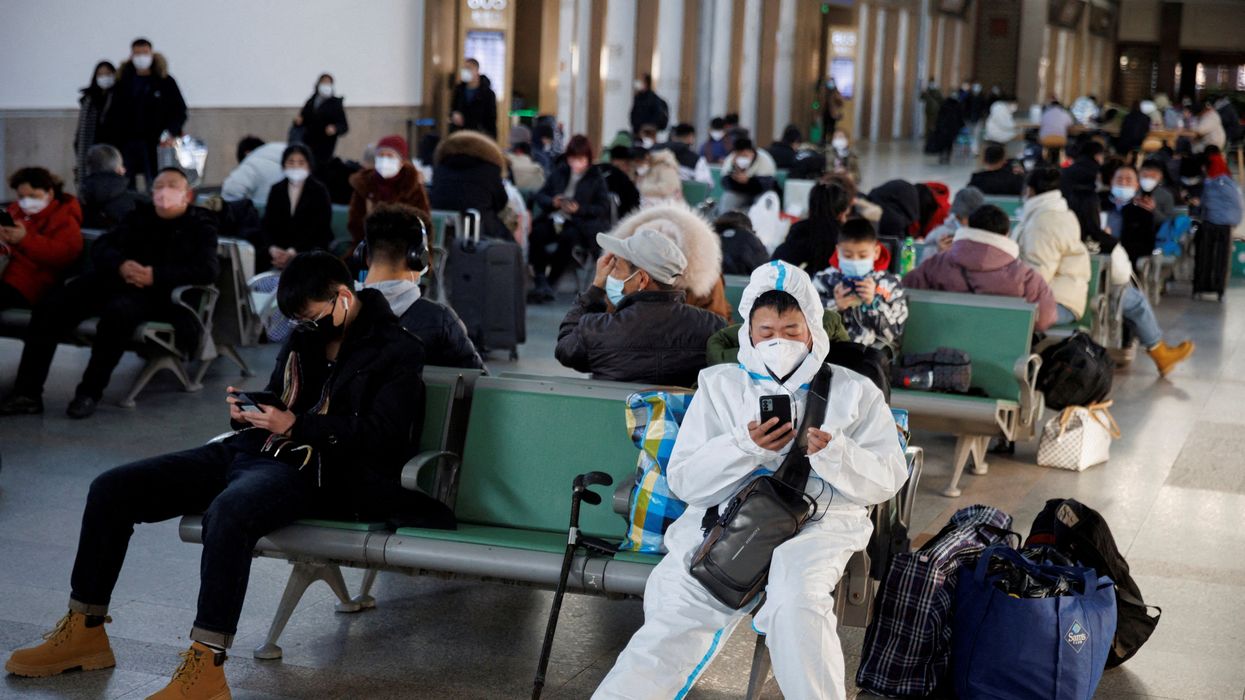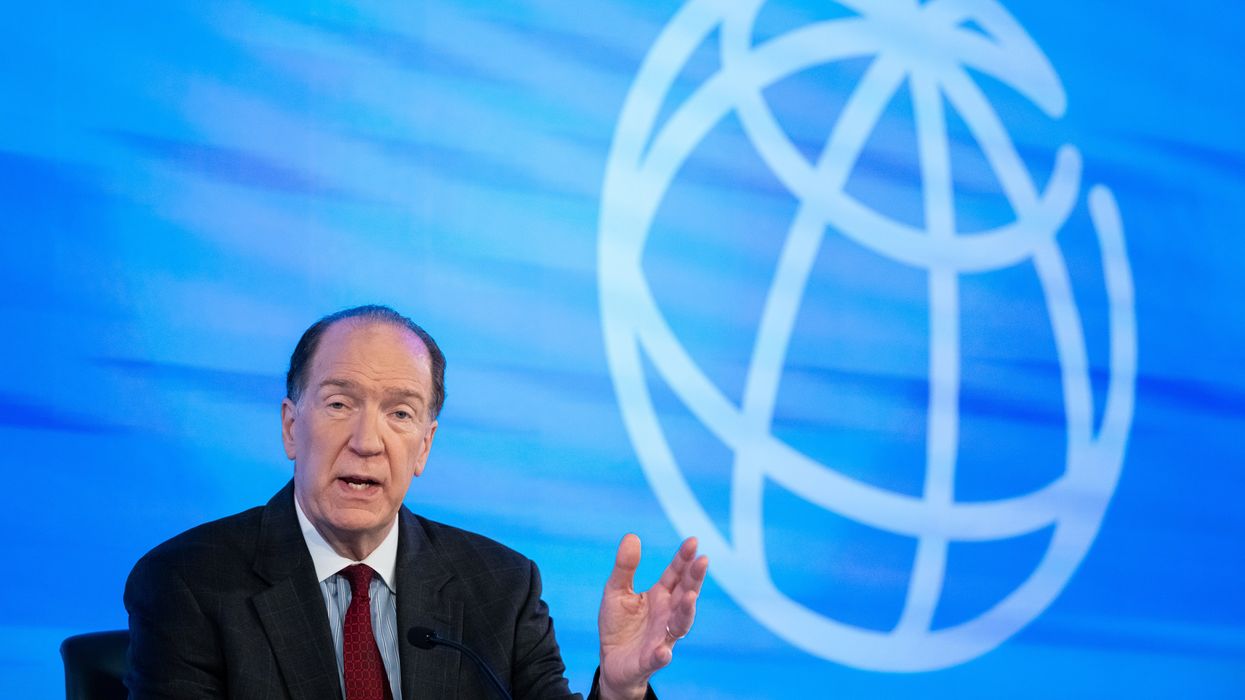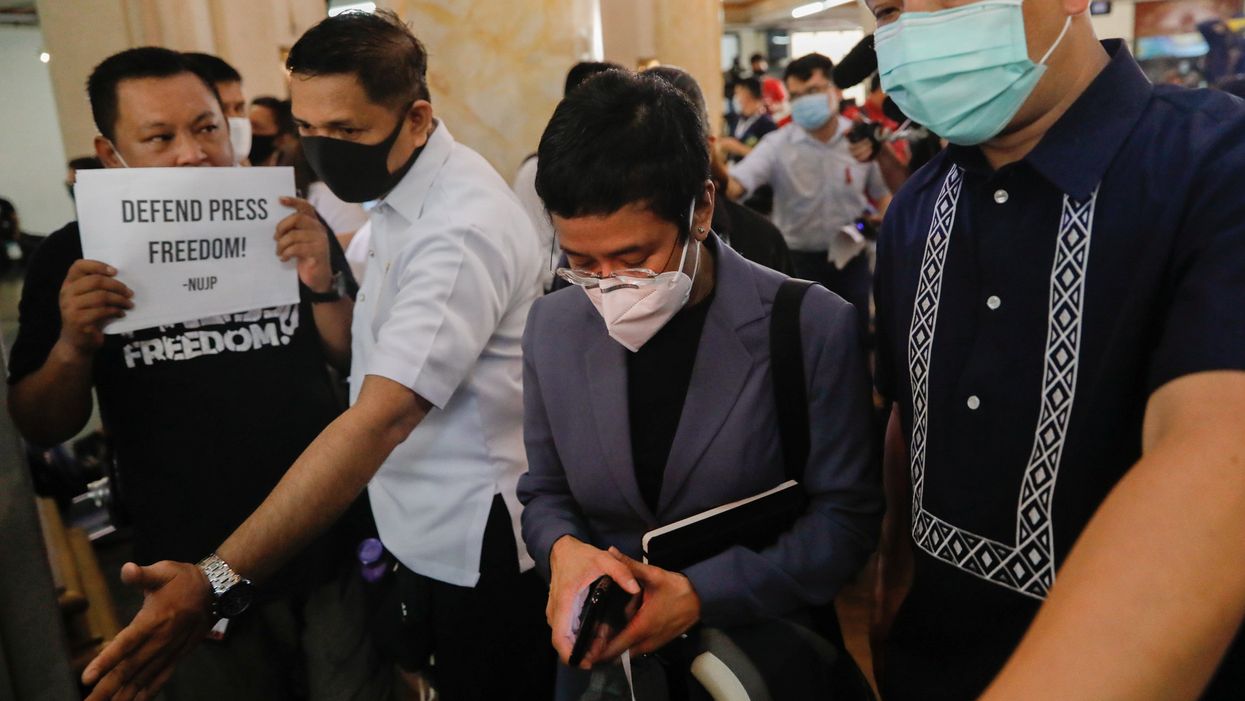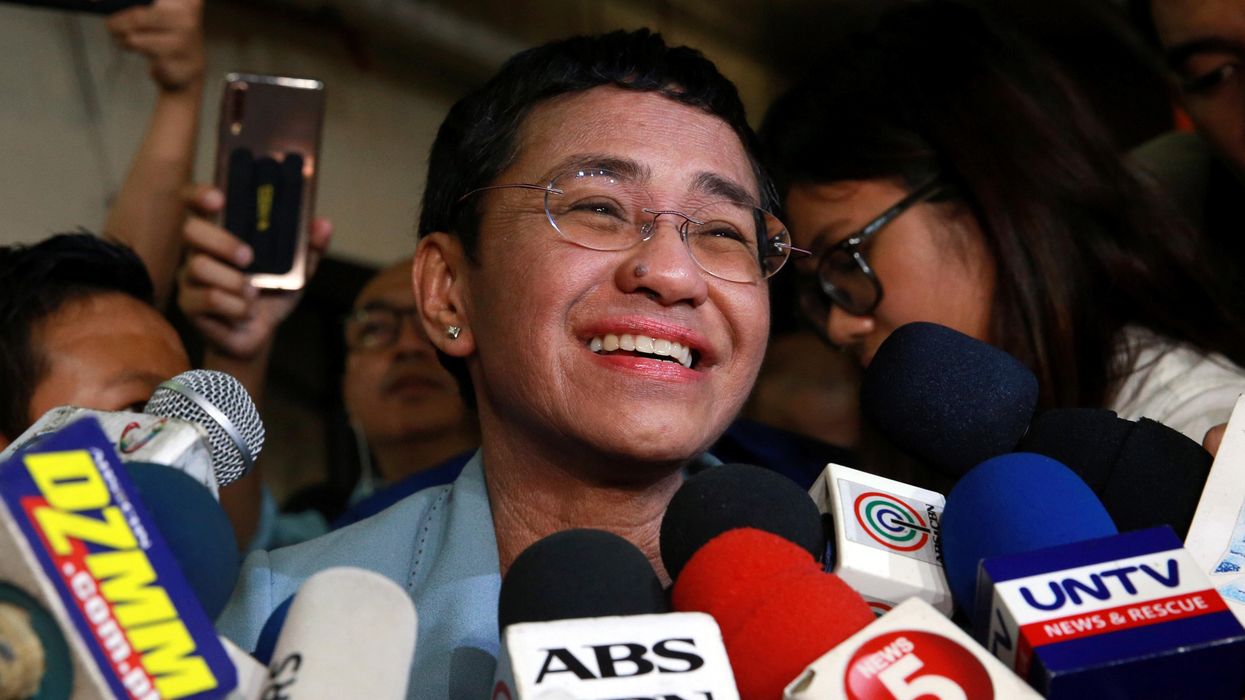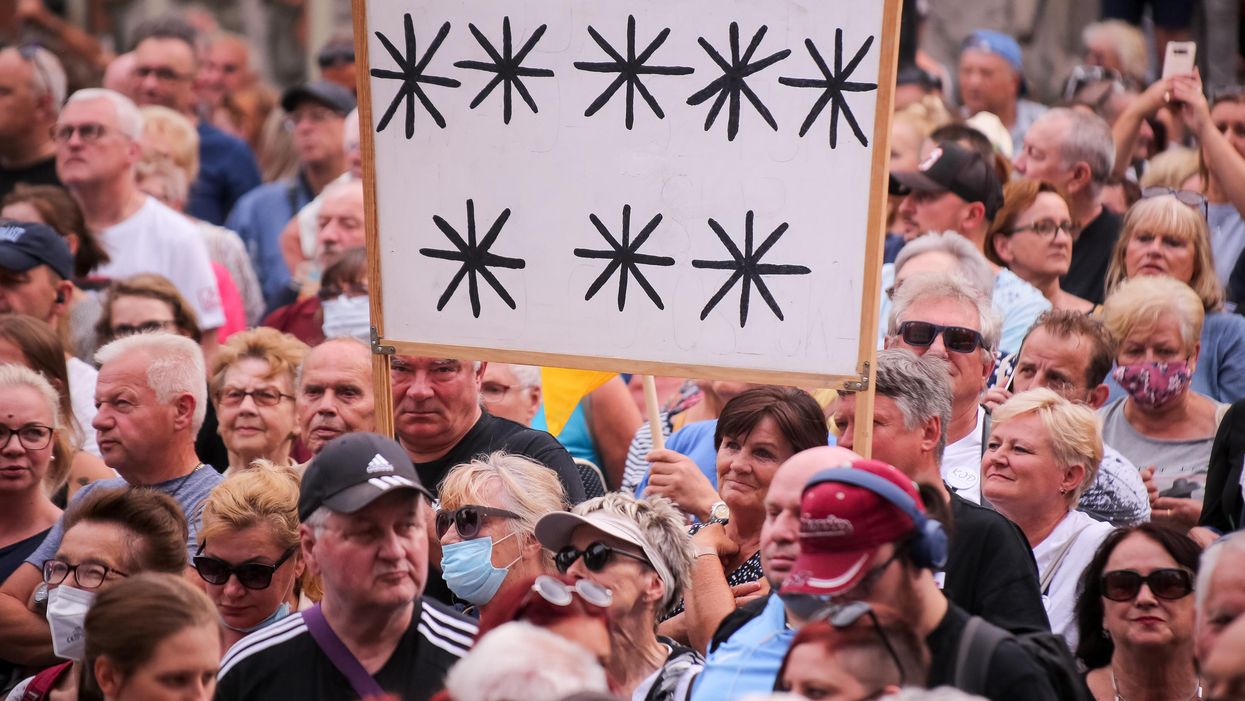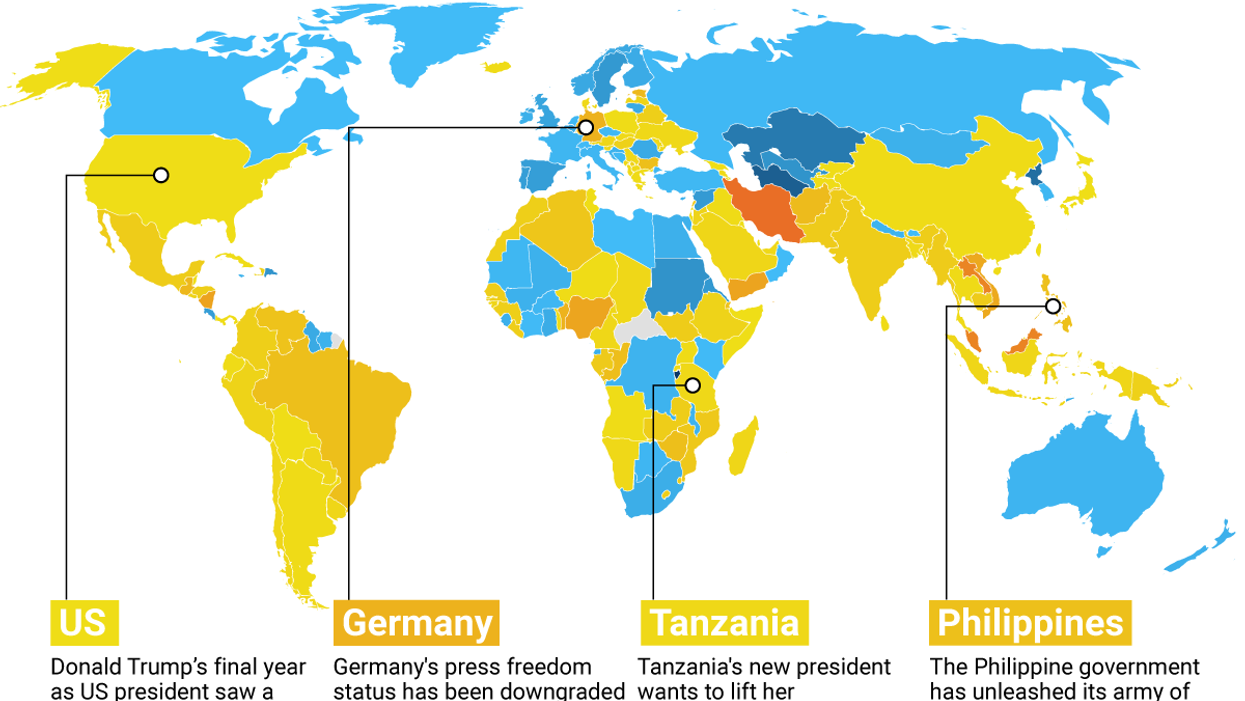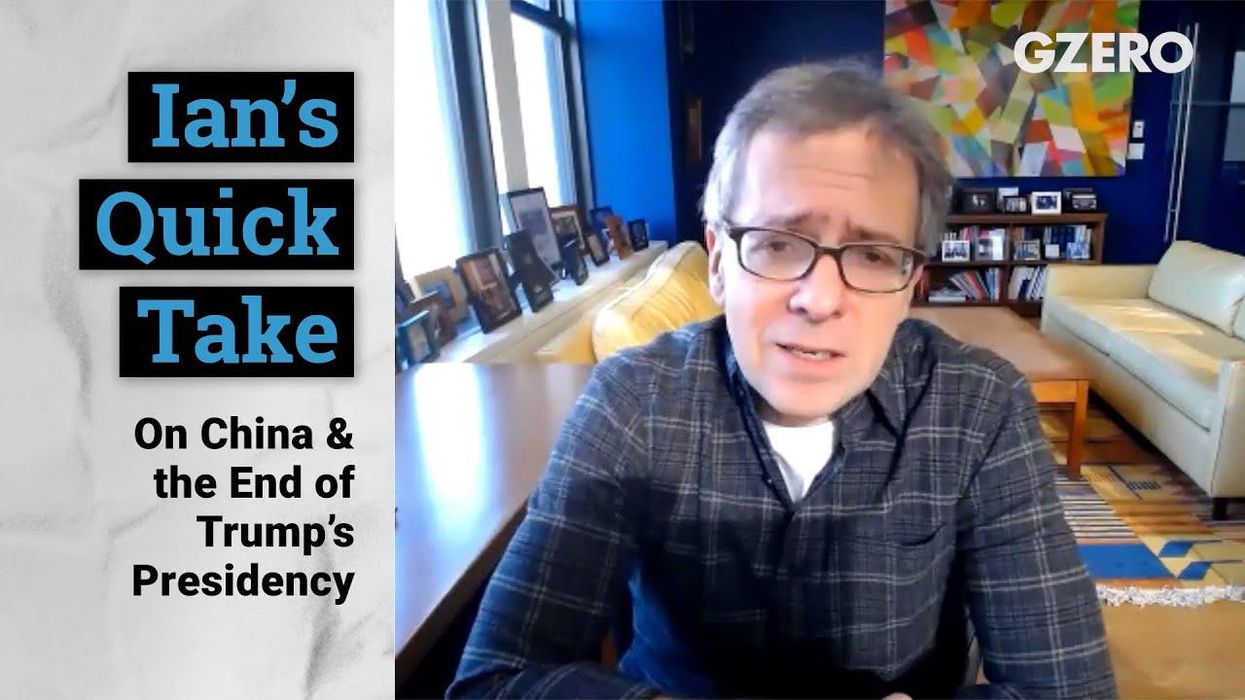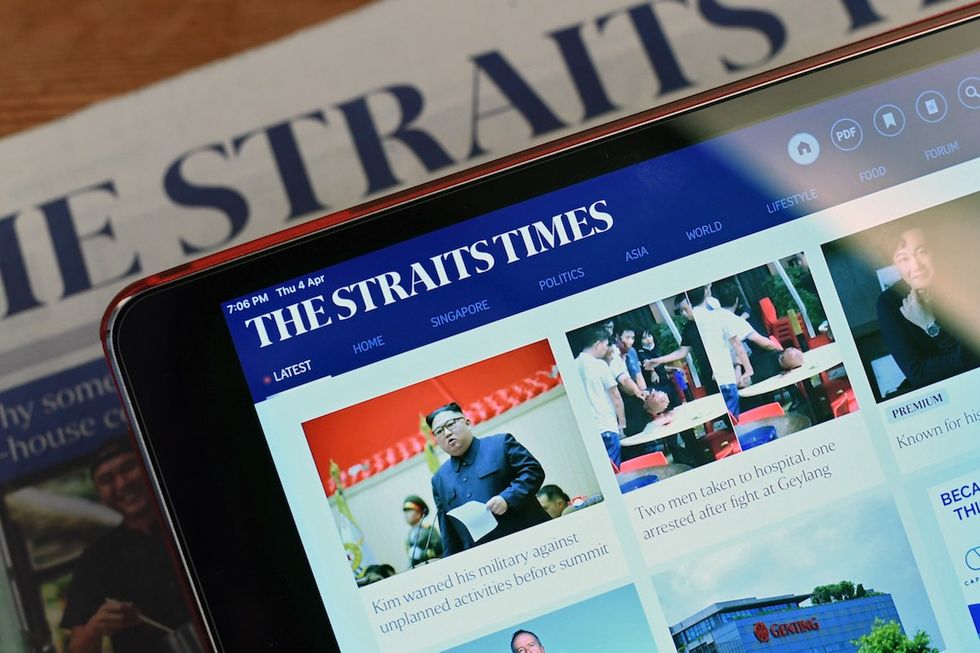GZERO World with Ian Bremmer Podcast
Podcast: Modi's India on the world stage
Listen: Is India a US ally? Based on the pomp and circumstance surrounding Indian Prime Minister Narendra Modi’s state visit to Washington in June, the answer seems obvious, right? They love us! We love them! End of story. Right? Well ... it’s complicated.
Jul 08, 2023
